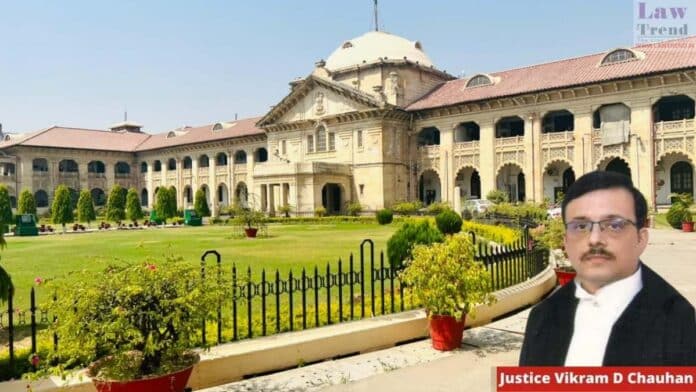In a significant move, the Allahabad High Court has mandated an inquiry against the Uttar Pradesh Police and other legal bodies for not disclosing critical evidence in a controversial case. The case involves Mahant Mukesh Giri, accused of secretly filming women at a bathing ghat.
Justice Vikram D. Chauhan, presiding over the matter, expressed serious concerns regarding the non-disclosure of material facts by the prosecution, terming it an obstruction of justice. This directive follows a disturbing revelation involving the invasion of privacy of women under the guise of religious sanctity at a ghat in Muradnagar, Ghaziabad.
The court’s directive calls for a thorough investigation by an officer of no less rank than a principal secretary, appointed by the chief secretary of Uttar Pradesh. The investigation will scrutinize the roles and responsibilities of the police and the director of prosecution in the alleged suppression of vital information.
The controversy came to light following a complaint lodged in May, when a woman discovered a CCTV camera in the changing room of the ghat. Subsequent police investigations revealed inappropriate footage on Giri’s mobile phone, linked directly to the CCTV setup. Despite these findings, the prosecution failed to present this evidence adequately before the court.
In response to an anticipatory bail plea filed by Giri, the court had earlier instructed the state to submit a counter-affidavit with the relevant evidence by July 15. However, the affidavit presented lacked the required evidence, leading to the court’s decision for an official inquiry.
The case is set for further hearing on September 12, where the court expects a detailed report on the inquiry’s findings and any progress in rectifying the lapses in evidence presentation.
Also Read
This case underscores the judicial insistence on transparency and accountability in legal proceedings, particularly when the rights and privacies of individuals are at stake. The outcome of this inquiry could set a precedent for how sensitive evidence is handled in the justice system, reflecting on both legal and ethical standards within the state’s law enforcement agencies.




